By Chen Caixia
(ECNS) -- Subsidy policies are conducive to the development of green industries, while China and Europe should build mutual trust and jointly promote overall cooperation, said Joel Ruet, chairman of The Bridge Tank during the 2024 Summer Davos held from Tuesday to Thursday in Dalian, Northeast China’s Liaoning Province.
Ruet, who is also a member of the G20 engagements group with think tanks (T20) and business (B20), said that Chinese economic growth is in the plural, not singular and it's not a model, it's models with a nest.
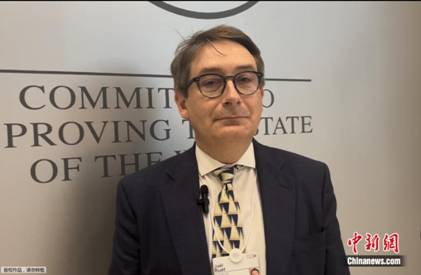
He believes even within the same industry, different enterprises have varying levels of modernization, and demand types vary across different provinces. Innovation systems and elements also differ accordingly.
“It's good for you to have all the industries, all the sectors in the same place, because you’ll have diversity of demand. So for an investor, an entrepreneur, an innovator, they find that whatever they want have a chance to be tested, which helps to propel innovation,” said Ruet.
Regarding the announcement by the European Commission that it plans to impose provisional anti-subsidy duties on electric cars imported from China, Ruet said, “There are very complex issues in subsidies, and I think a dialogue is very much needed on that and it should not be detrimental to trade.”
“It's normal and a good sign that public money feeds into those technologies that have the capacity to produce transformation at scale,” added Ruet.
Ruet believes a dialogue is very much needed on that and subsidies in technologies should not be detrimental to trade.
The year 2024 marks the 60th anniversary of the establishment of China-France diplomatic ties. Ruet mentioned that over the past 60 years, especially in the last three decades, based on industrial cooperation, France and China have expanded many cooperation domains, including the environment and the political areas. “If we’re managed to find new models, new cycles of industrial cooperation, there will be more bilateral cooperation,” he said.
Ruet also further illustrated that Artificial Intelligence(AI) remains a field that has not been fully defined. He believes the cooperation on AI needs a lot of trust. “Now, if we look to a given part of AI which handles specific sorts of data, for instance, autonomous mobile robot and autonomous vehicles, there might be opportunities for cooperation,” he said.
“It’s good to start a cooperation, possibly on a small level, on a small scale, on limited number of issues and factors, but to learn how to develop the relationship and to build mutual trust, China and EU can master and look at an overall cooperation,” concluded Ruet.








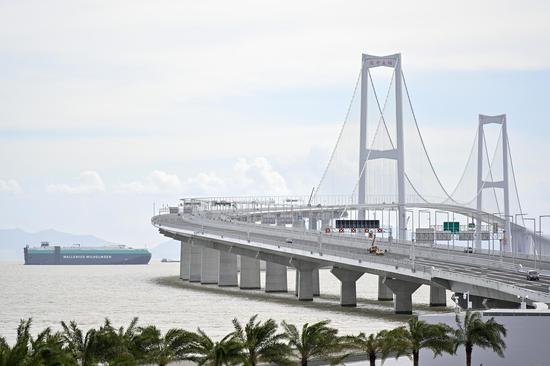
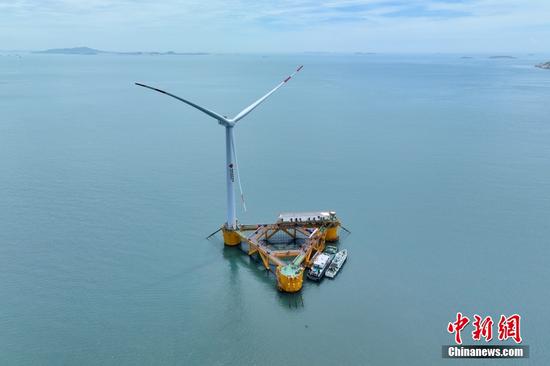
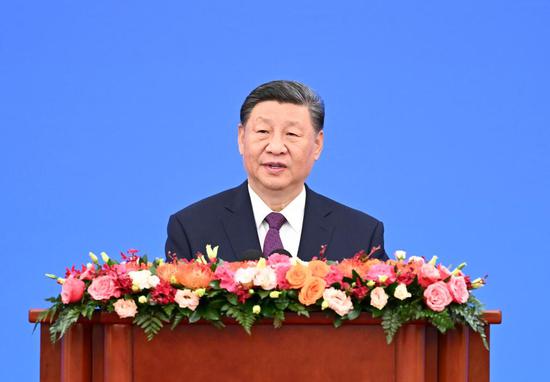
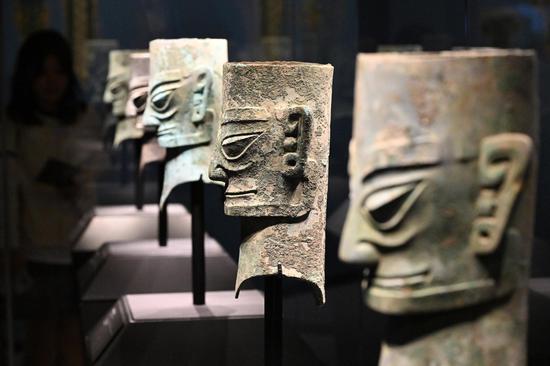
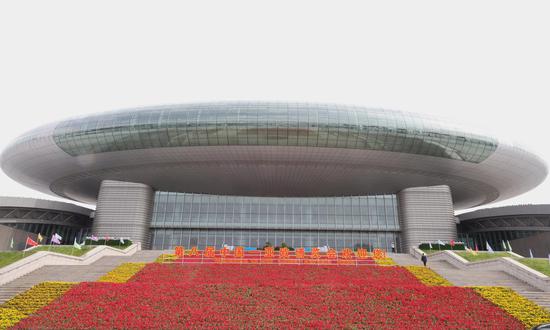
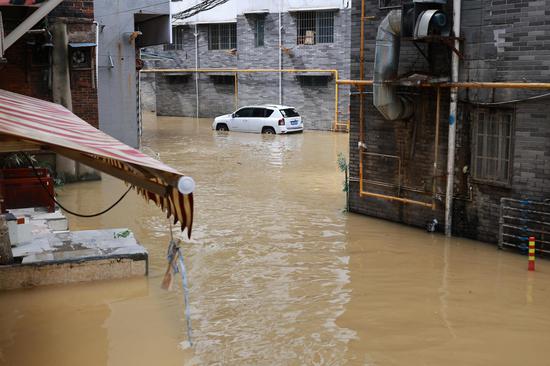

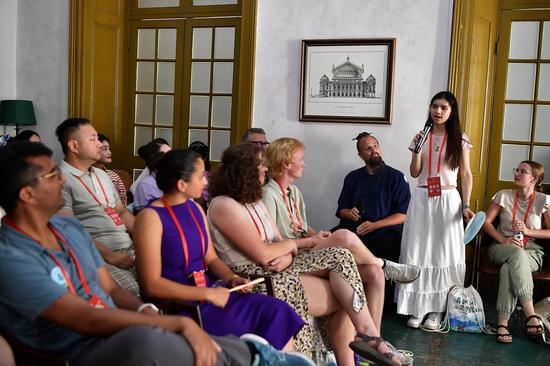
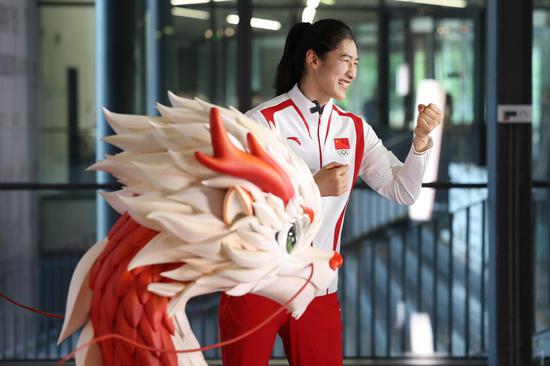
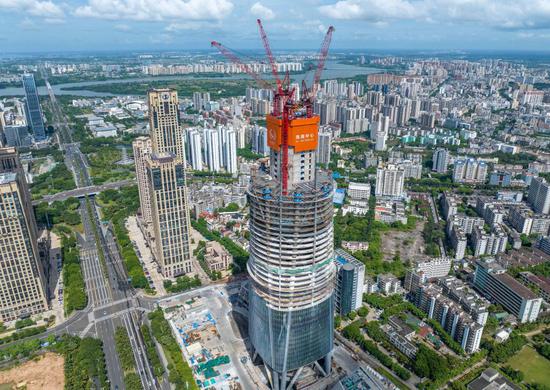
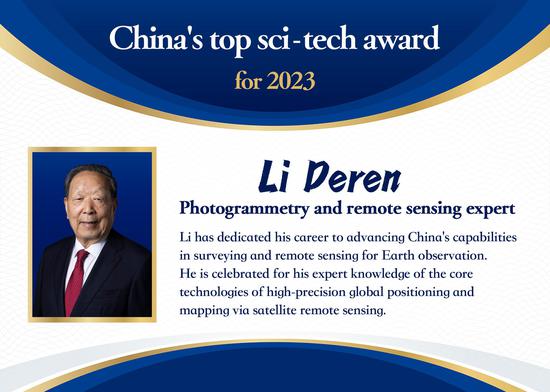
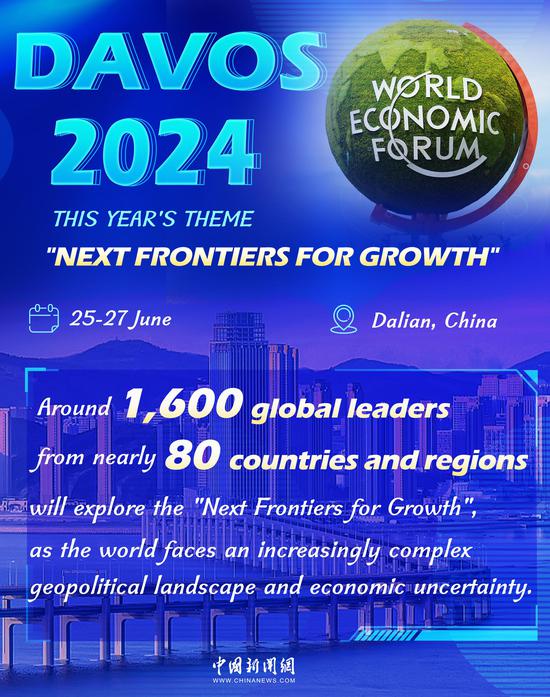

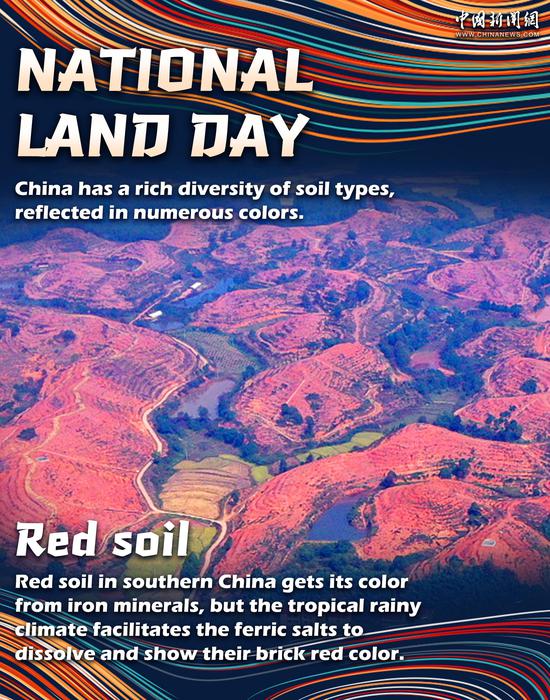
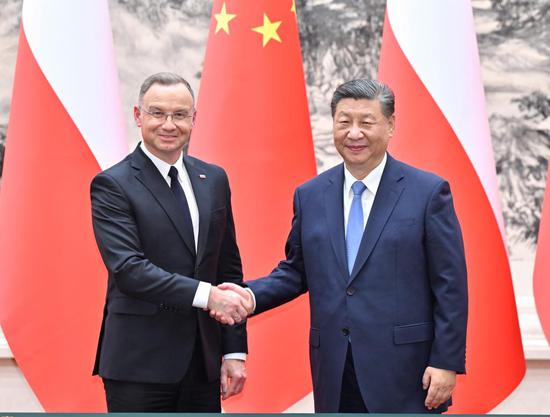
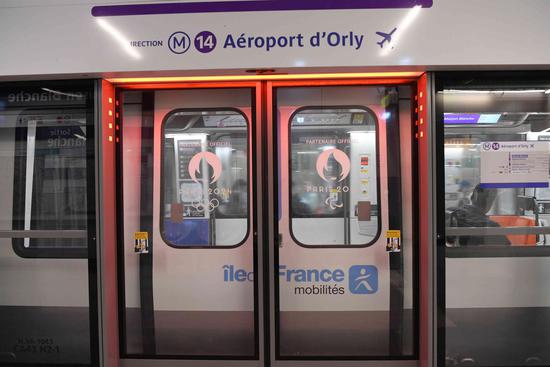
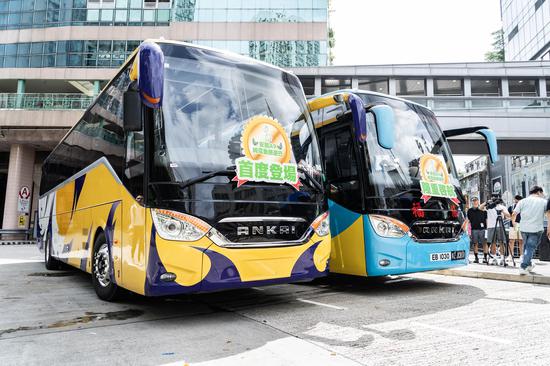
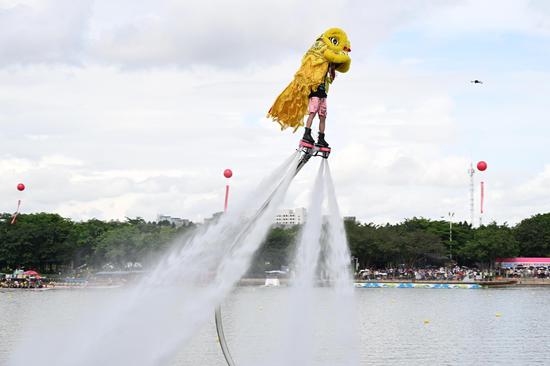
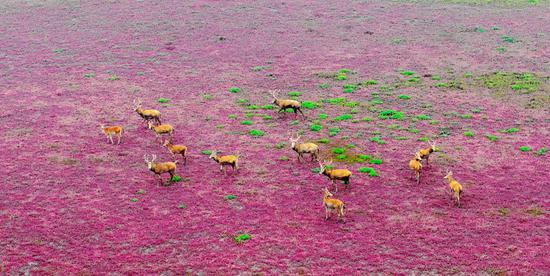
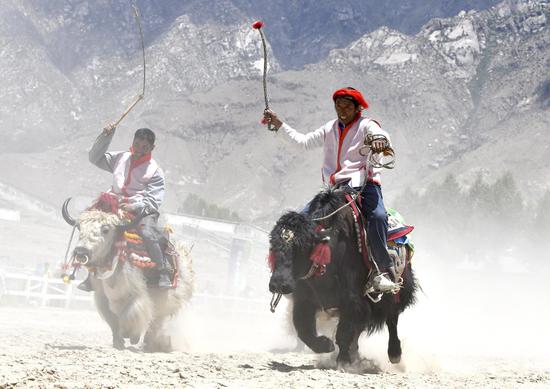
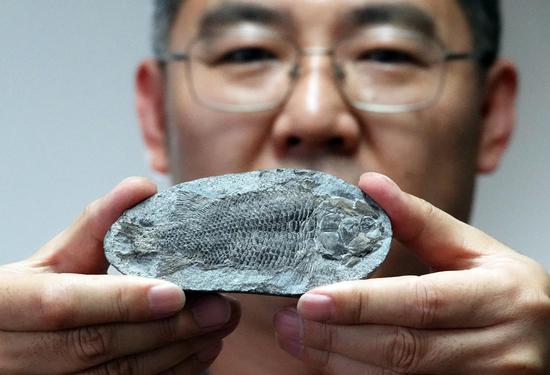
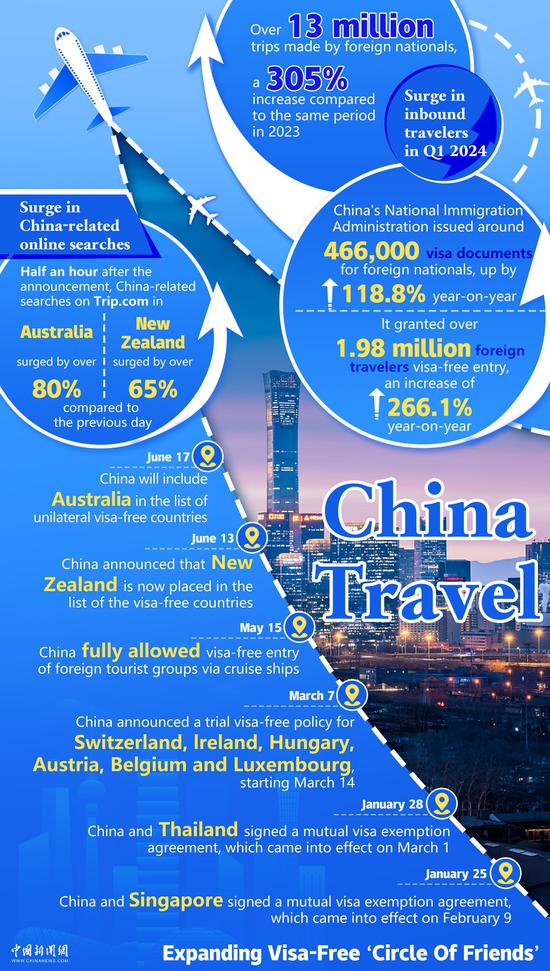



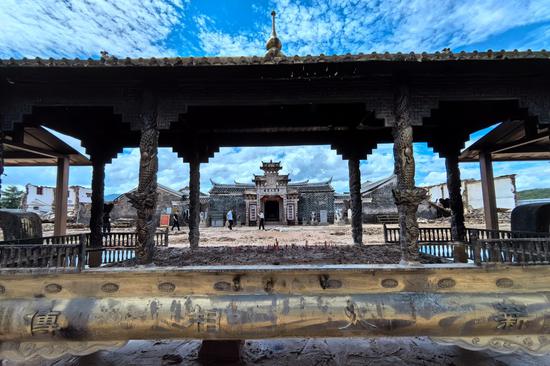


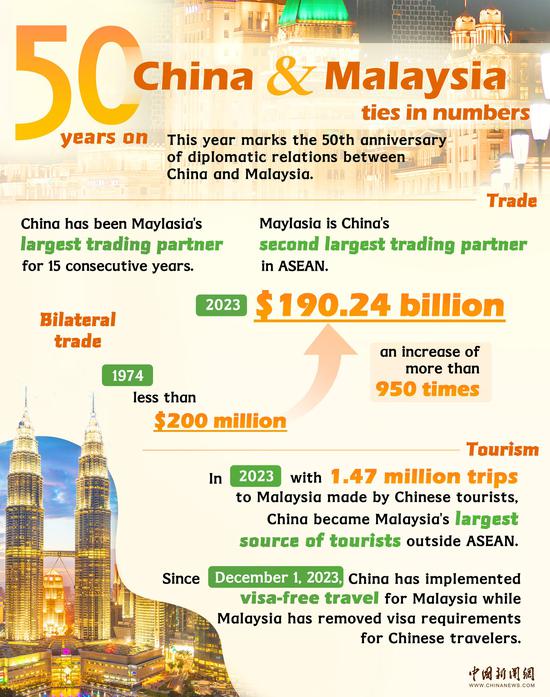
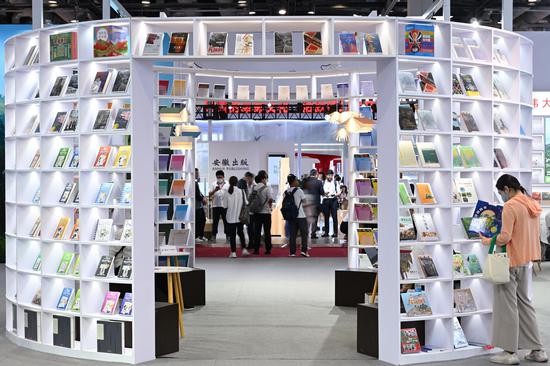
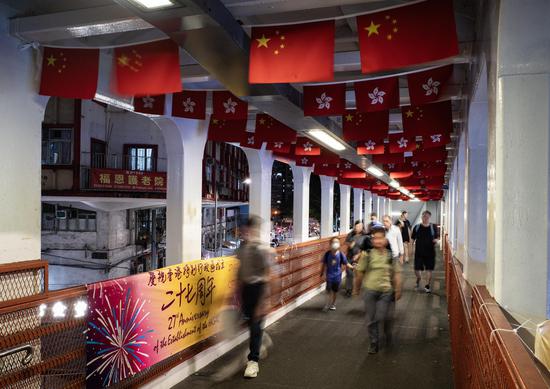
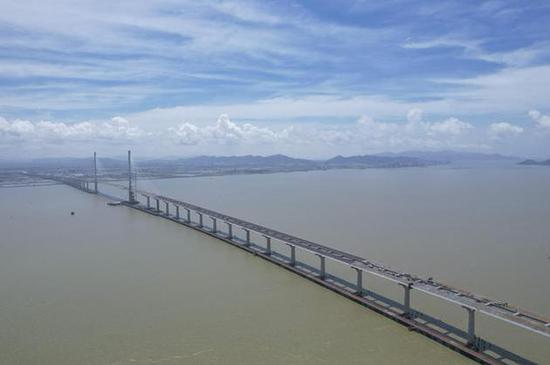
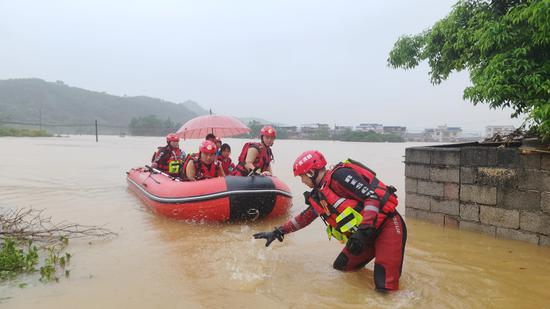
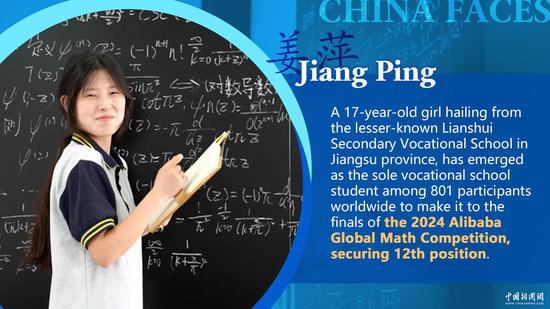
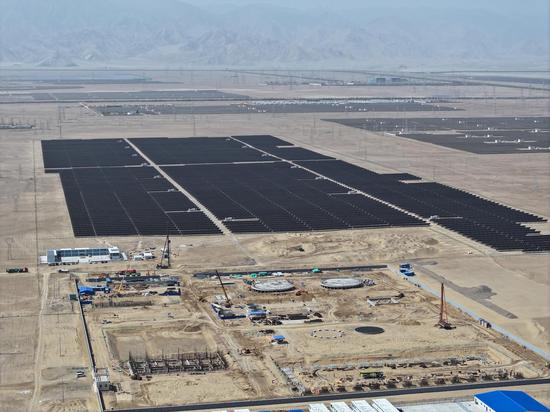







 京公网安备 11010202009201号
京公网安备 11010202009201号